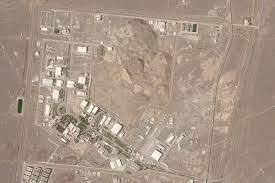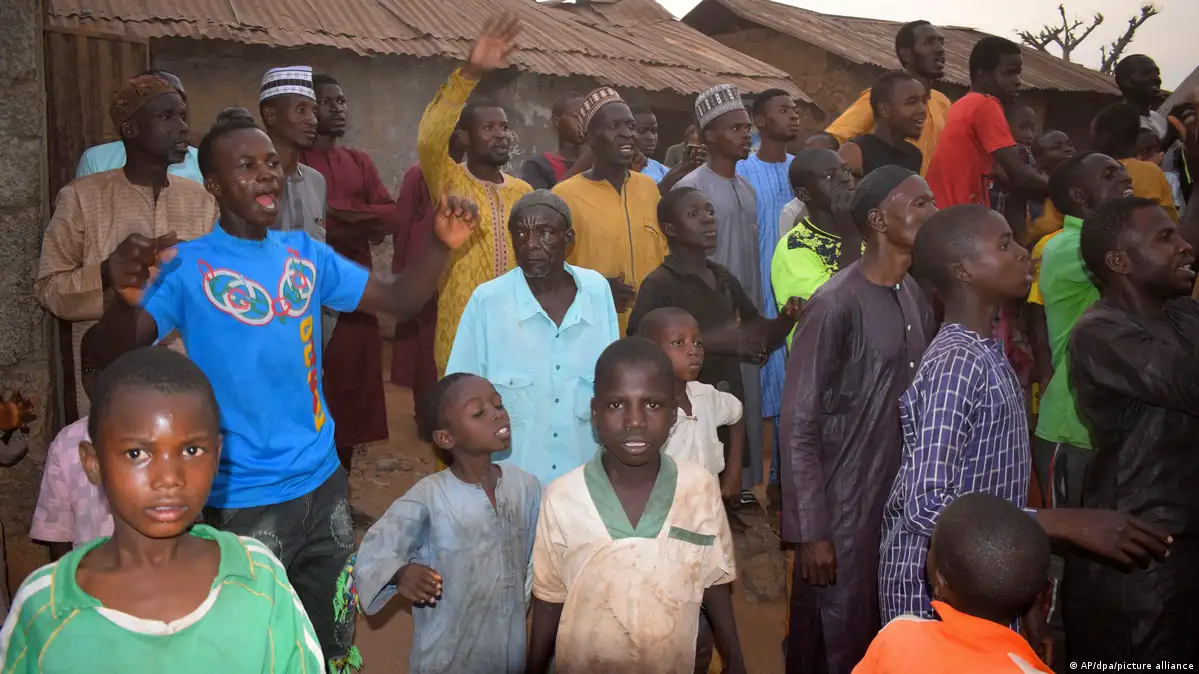The head of the UN’s atomic watchdog issued a stark warning Friday, cautioning that a direct Israeli strike on Iran’s Bushehr nuclear facility could unleash a nuclear disaster across the Middle East.
Speaking before the UN Security Council, Rafael Grossi, Director General of the International Atomic Energy Agency (IAEA), said that although no radiation has yet been detected from Israel’s ongoing week-long military campaign against Iran, the risks remain dangerously high.
“Countries of the region have reached out directly to me over the past few hours to express their concerns,” Grossi stated. “Let me be absolutely clear — an attack on the Bushehr nuclear power plant could lead to a massive release of radioactivity.”
Bushehr’s Strategic and Environmental Risk
Located in southern Iran, the Bushehr reactor is the region’s first civilian nuclear power station and houses several thousand kilograms of nuclear material. Grossi warned that a direct strike or even collateral damage to its power lines could trigger a meltdown.
In the worst-case scenario, he noted, emergency evacuations and shelter-in-place orders could be required for areas hundreds of kilometers from the site — potentially affecting major Gulf population centers. He also warned of disruptions to food supplies and possible mass distribution of iodine tablets to protect against radiation exposure.
The site’s location near the Persian Gulf, a critical artery for global oil and trade, would greatly amplify the consequences of any fallout, Grossi added.
History of the Plant
Construction on the Bushehr plant began in the 1970s under Iran’s then pro-Western monarchy. Initially supported by German contractors, work resumed decades later with Russian assistance. The facility has since remained under IAEA safeguards and monitoring.
Renewed Push for Diplomacy
Grossi used the platform to reiterate a call for renewed diplomacy and offered the IAEA as a neutral party to verify that Iran does not pursue nuclear weapons.
“The IAEA can guarantee through a watertight inspection system that nuclear weapons will not be developed in Iran,” Grossi said. “But any military escalation that endangers a nuclear facility poses a threat not just to one country — but to an entire region and beyond.”
His warning comes amid growing fears of wider escalation in the Middle East, with regional governments urging restraint and dialogue to avoid irreversible consequences.



